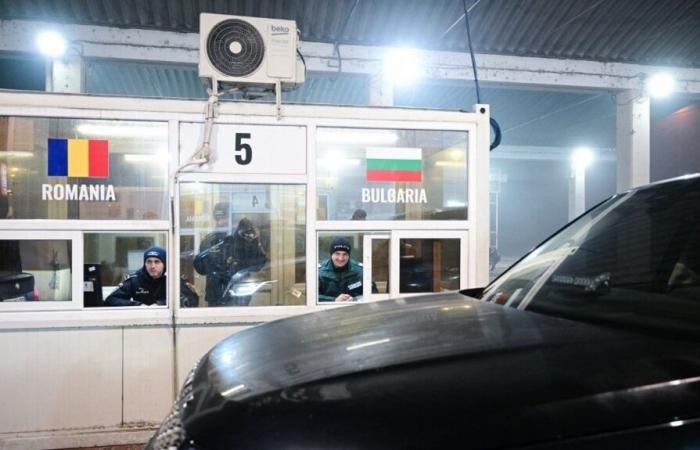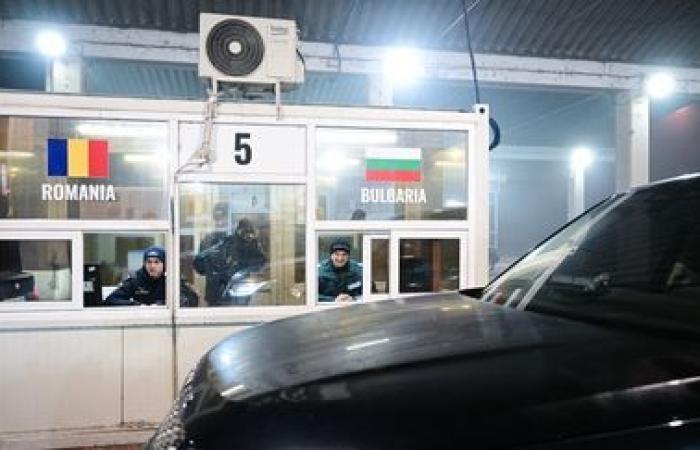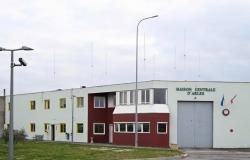The two countries became full members of the Schengen free movement area at midnight on Wednesday, after more than 13 years of waiting.
Published on 01/01/2025 08:16
Reading time: 3min

After 13 years of waiting, Romania and Bulgaria fully acceded to the Schengen free movement area on Wednesday January 1st. Already one foot in the zone with the lifting of controls in March 2024 in airports and seaports, they received the approval of their European partners in mid-December to benefit from the same privileges at land border posts.
On both sides, leaders saluted for a moment “historical”emphasizing that it was a “key objective” since their entry into the European Union (EU) in 2007. Created in 1985, the Schengen area now includes 25 of the 27 EU member countries as well as their associated neighbors Switzerland, Norway, Iceland and Liechtenstein. More than 400 million people can in principle travel without being subject to checks.
This full membership of Romania (19 million inhabitants) and Bulgaria (6.5 million) was made possible by the lifting of Austria's veto. Refractory since 2022, Vienna finally accepted partial entry from Sofia and Bucharest last spring and established a road map for possible expansion.
The Alpine country deplored an influx of asylum seekers which would worsen in the event of a land enlargement of Schengen, but it believes that the measures put in place in recent months have made it possible “a massive reduction in passages”. According to an agreement presented in November, temporary controls will be carried out “for an initial period of six months, to minimize the potential change in migration routes.” Surveillance of the Bulgarian-Turkish border, which becomes the external border of the Schengen area, will also be reinforced.
Both countries met the technical criteria since 2011 but “each time, member states raised objections”recalls analyst Valentin Naumescu. This problem has become over the years “a source of frustration exploited by anti-EU parties denouncing unfair treatment of Romania”he says, as during the recent presidential election which saw the emergence of a surprise far-right candidate before being canceled. With the accession to Schengen, “this feeling of being second-class citizens” is fading, estimates the expert.
Significant economic benefits, likely to boost gross domestic product (GDP) by at least 1% in both countries, are also expected. On the tourism side, players in the sector are banking on an increase in the number of travelers going to neighboring Greece. In Bulgaria, the poor state of infrastructure should, however, limit the positive impact: narrow roads, often poorly maintained motorways, few bridges over the Danube demarcating the border with Romania, non-existent or dilapidated railways…
France
World








